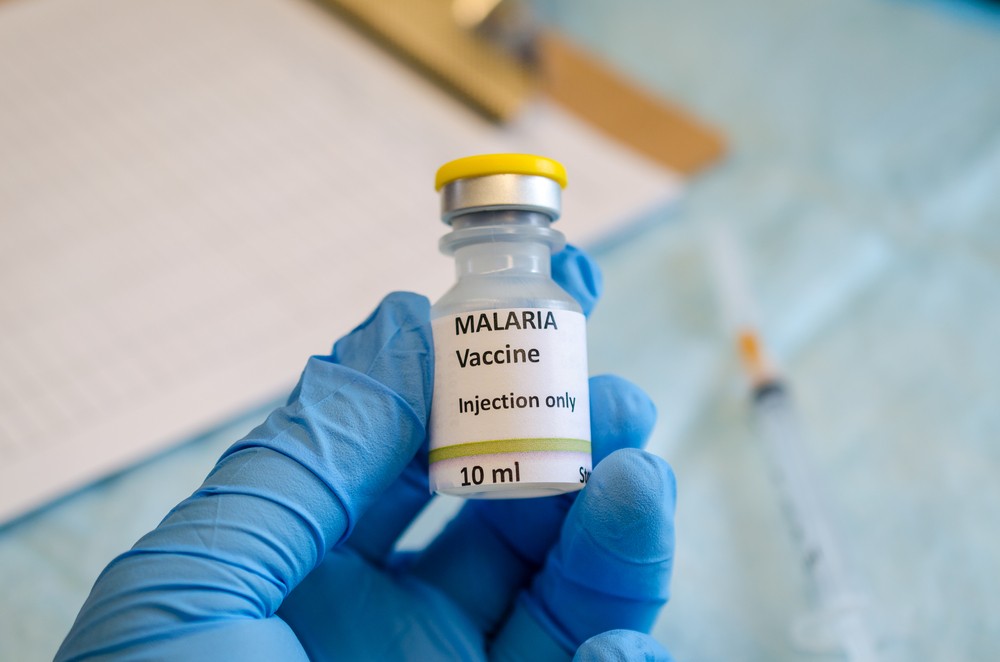
The danger of malaria is growing worldwide, according to Dr. Mark Travassos, assistant professor of Pediatrics at the University of Maryland School of Medicine (UMSOM), and that demands greater access for those with serious cases to intravenously-administered (IV) drugs.
At present, access to this drug is limited in the United States, though the nation sees more than 1,500 cases of malaria each year. Globally, there are more than 200 million cases each year, fuelled by mosquitos. Severe cases can lead to coma and death, but the lack of access to treatment for them is because the existing supply of the necessary drug in IV form has expired.
As a result, physicians must request a non-FDA approved drug IV from the Centers for Disease Control and Prevention (CDC), which will then ship the drug to the airport closest to a requesting hospital — if approved. Delivery can take up to a day, and in the meantime, the CDC advises physicians to treat patients with oral medication — something Travassos says raises serious concerns and fails to meet the standard of care for severe malaria.
“Severe malaria is a medical emergency that requires immediate treatment with IV medication to reduce the risk of death,” Travassos, a pediatric infectious diseases specialist and malaria expert in UMSOM’s Malaria Research Program within the Center for Vaccine Development and Global Health (CVD), said.
The reason oral medicines do not work as effectively is that, according to Travassos, several malaria can cause effects to the brain or induce repeated vomiting.
Global connectedness is only opening more avenues for the disease to arrive on American shores, and its case rate has risen steadily over the past 40 years, according to the CDC. Travassos recommends fast action — such as incentivization — to encourage pharmaceutical companies to manufacture an IV form of the IV form artesunate and activate a priority review of a new drug application, to reduce future FDA approval time for it. Further, he recommends a hospital-level preparedness plan for severe malaria cases, given the rapidity of danger and the current restrictions on treatment.




